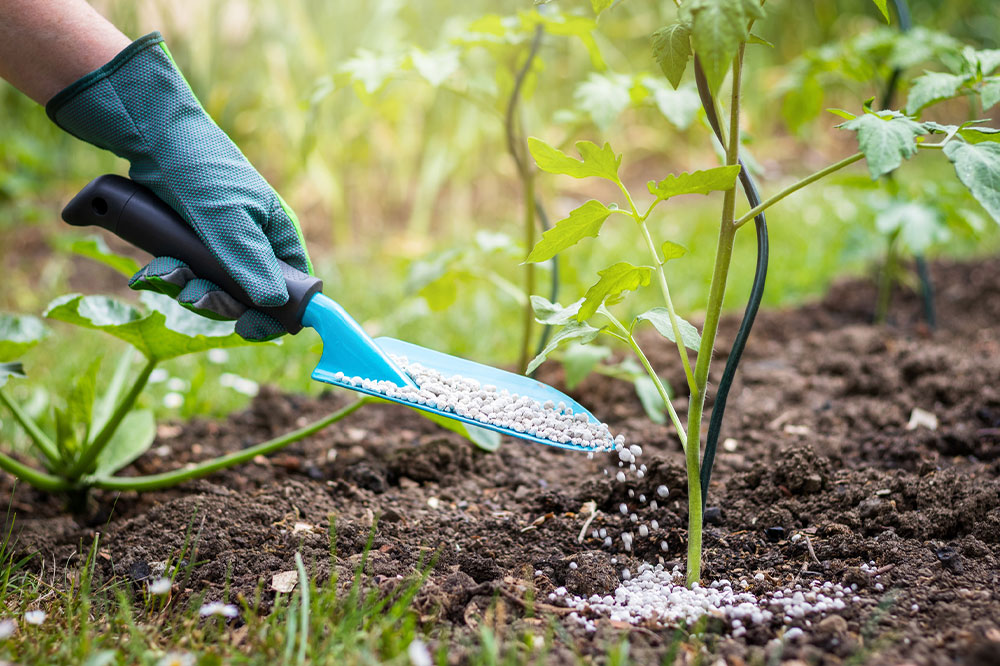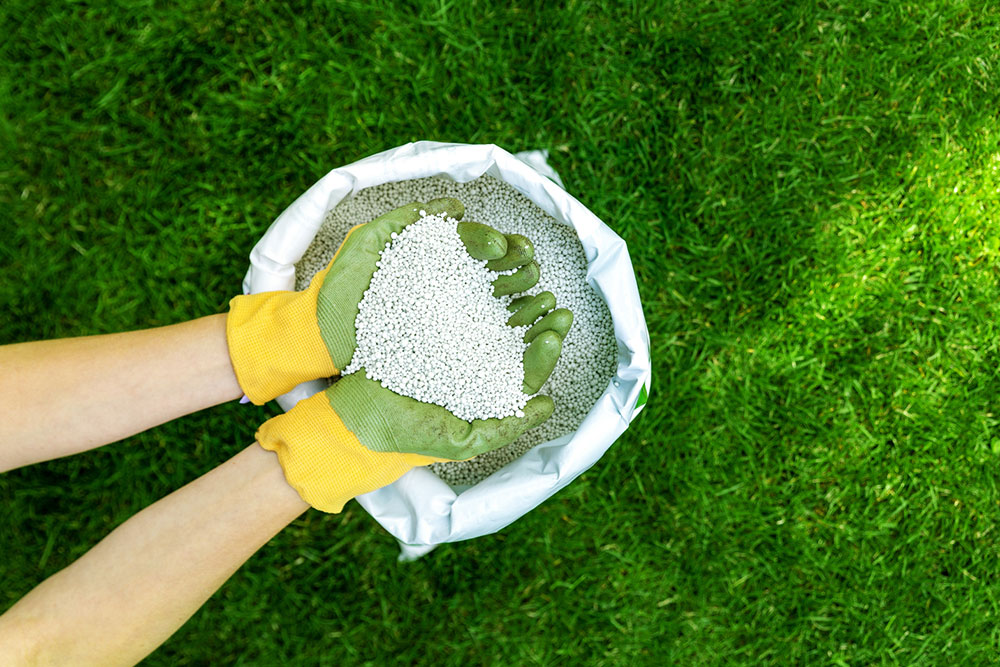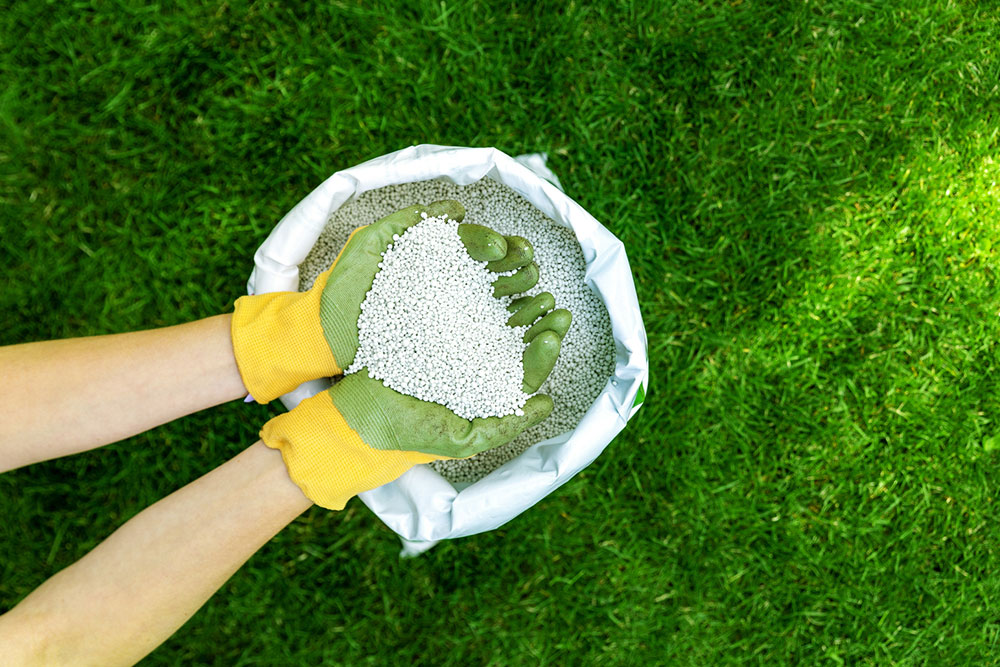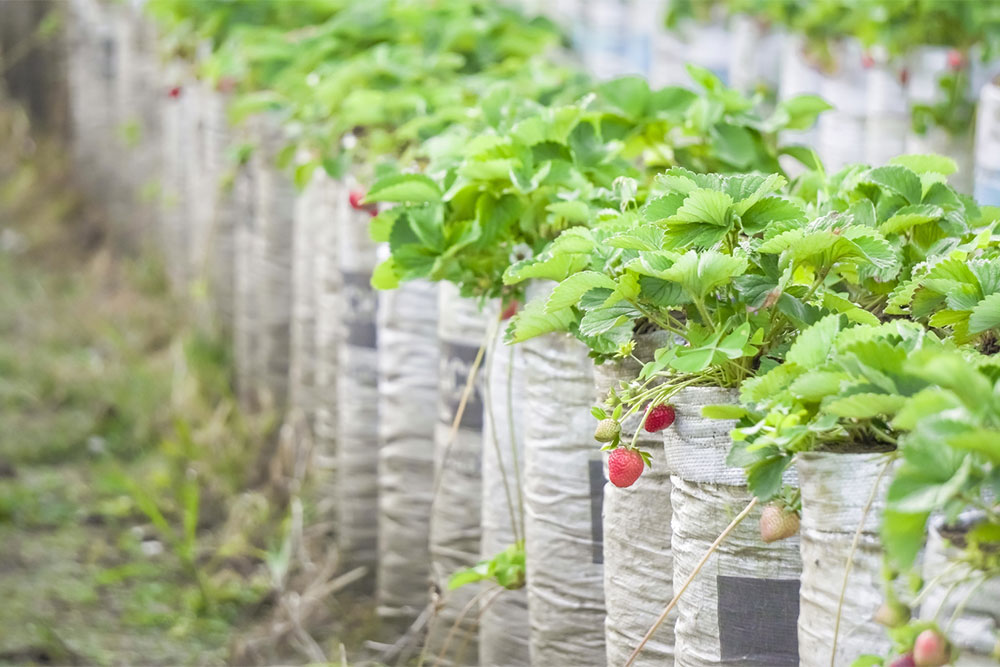Effective Fertilizer Strategies for Growing Tomatoes
Discover essential fertilization techniques for thriving tomato plants. Learn about soil testing, nutrient requirements, growth stage-specific fertilizers, and top organic brands. Optimize your tomato crop with tailored nutrition for better yield and flavor, whether through homemade solutions or trusted commercial products. Perfect for garden enthusiasts aiming for healthy, abundant tomatoes all season long.

Effective Fertilizer Strategies for Growing Tomatoes
The vibrant blossoms of tomato plants can brighten any garden. To achieve healthy and fruitful plants, proper care, patience, and targeted nutrition are essential. Since tomatoes have a longer cultivation period compared to many vegetables, providing the right nutrients at each growth stage is crucial. Regular watering combined with suitable fertilization helps promote healthy development and pest resistance.
Advantages of Making Your Own Tomato Fertilizer
One key advantage of homemade fertilizers is customization. Conducting soil tests at a local laboratory can give insight into nutrient deficiencies, enabling you to tailor fertilizers to your soil’s specific needs.
This testing informs you on how to amend your soil with appropriate nutrients.
Essential Nutrients for Healthy Tomato Growth
Tomatoes require different nutrients during various growth phases. The main vital nutrients include nitrogen, phosphorus, and potassium, each playing a key role at specific stages.
Nitrogen: Crucial during transplanting, nitrogen promotes lush, leafy growth.
Phosphorus: Also needed during planting, phosphorus supports root development and early growth.
Potassium: Most important during flowering and fruiting, potassium enhances fruit quality and overall plant vigor.
Each growth phase benefits from targeted fertilization:
Pre-planting: Enrich soil with compost or well-rotted manure to provide a nutrient-rich foundation. Homemade compost from kitchen waste takes about three months to mature, offering an eco-friendly solution.
Seedling Stage: Use diluted organic liquid fertilizers like fish emulsion or seaweed extract sparingly to prevent overfeeding.
Early Growth: Supplement with nitrogen-rich fertilizers or fish emulsion to encourage foliage growth.
Flowering and Fruiting: Increase phosphorus and potassium to boost large, healthy fruits. Incorporate banana peels into the soil for added potassium.
Post-Harvest: Apply compost and mulch regularly to conserve moisture and gradually supply nutrients.
Popular Organic Fertilizer Options & Prices
Some reputable brands include:
Espoma Tomato Tone (3-4-6): An eco-friendly slow-release fertilizer that enhances taste and root health, priced around $25.
Burpee Organic Tomato & Veggie Fertilizer (3-6-4): Suitable for multiple crops, boosting yield, approximately $10.
Miracle-Gro Organic Edible Plant Food (3-3-3): Promotes flavor and productivity, costing about $12.
Neptune’s Harvest Fish & Seaweed Fertilizer (2-4-2): A liquid formula for direct application, around $30.
Jobe’s Organic Fertilizer Spikes (2-7-4): Slow-release spikes inserted into soil for targeted feeding, roughly $9.
Using organic or homemade fertilizers ensures your tomatoes remain chemical-free and healthy. For those unable to prepare their own, these trusted brands provide convenient, effective alternatives for excellent yields.
Note: Our articles offer practical insights across various topics. While based on thorough research, they are not exhaustive or definitive. Readers should consult additional sources for comprehensive information. We are not responsible for discrepancies or changes in available offers.










